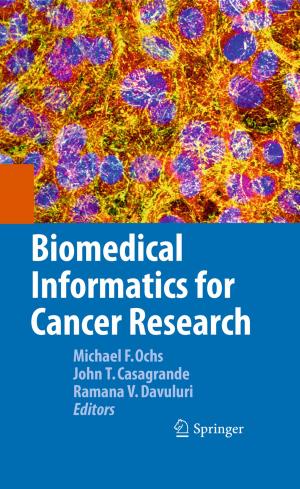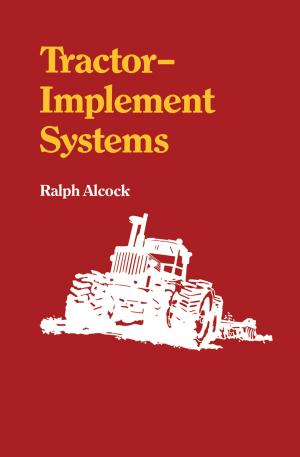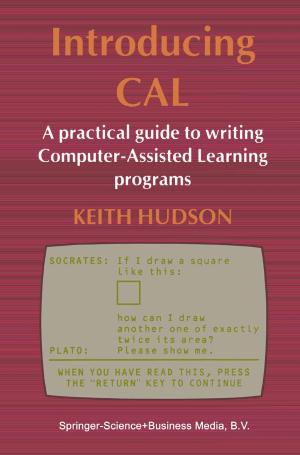LIMS
Applied Information Technology for the Laboratory
Nonfiction, Health & Well Being, Medical, Specialties, Internal Medicine, General, Computers, Programming| Author: | Richard Mahaffey | ISBN: | 9781468491050 |
| Publisher: | Springer US | Publication: | December 6, 2012 |
| Imprint: | Springer | Language: | English |
| Author: | Richard Mahaffey |
| ISBN: | 9781468491050 |
| Publisher: | Springer US |
| Publication: | December 6, 2012 |
| Imprint: | Springer |
| Language: | English |
Computing and information management technologies touch our lives in the environments where we live, play and, work. High tech is becoming the standard. Those of use who work in a laboratory environment are faced with an obvious challenge. How do we best apply these technol ogies to make money for our companies? The first level of deliverable benefits is achieved through task automation. The second level is ob tained by integrating the individual islands of automation. The third, or top level, of benefits is related to applying intelligence to computing applications. The use of computing technology, at level one, to automate lab pro cedures, methods, and instruments has been profitable for many years. We can easily find yearly returns in the range of 10-50% for investments at this level. For level two, the integration of some applications has evolved and has led to data management systems and local area net working in the lab environment. Investment paybacks at level two are substantially higher, in the range of 200-400%. Examples of applications at the top level, that of intelligent systems and applications, are few and far between. And what about the payback for investments at this level? With such limited experience at level three, we can only estimate the benefits. But again, they appear to be much higher, in the range of 2000- 4000%.
Computing and information management technologies touch our lives in the environments where we live, play and, work. High tech is becoming the standard. Those of use who work in a laboratory environment are faced with an obvious challenge. How do we best apply these technol ogies to make money for our companies? The first level of deliverable benefits is achieved through task automation. The second level is ob tained by integrating the individual islands of automation. The third, or top level, of benefits is related to applying intelligence to computing applications. The use of computing technology, at level one, to automate lab pro cedures, methods, and instruments has been profitable for many years. We can easily find yearly returns in the range of 10-50% for investments at this level. For level two, the integration of some applications has evolved and has led to data management systems and local area net working in the lab environment. Investment paybacks at level two are substantially higher, in the range of 200-400%. Examples of applications at the top level, that of intelligent systems and applications, are few and far between. And what about the payback for investments at this level? With such limited experience at level three, we can only estimate the benefits. But again, they appear to be much higher, in the range of 2000- 4000%.















